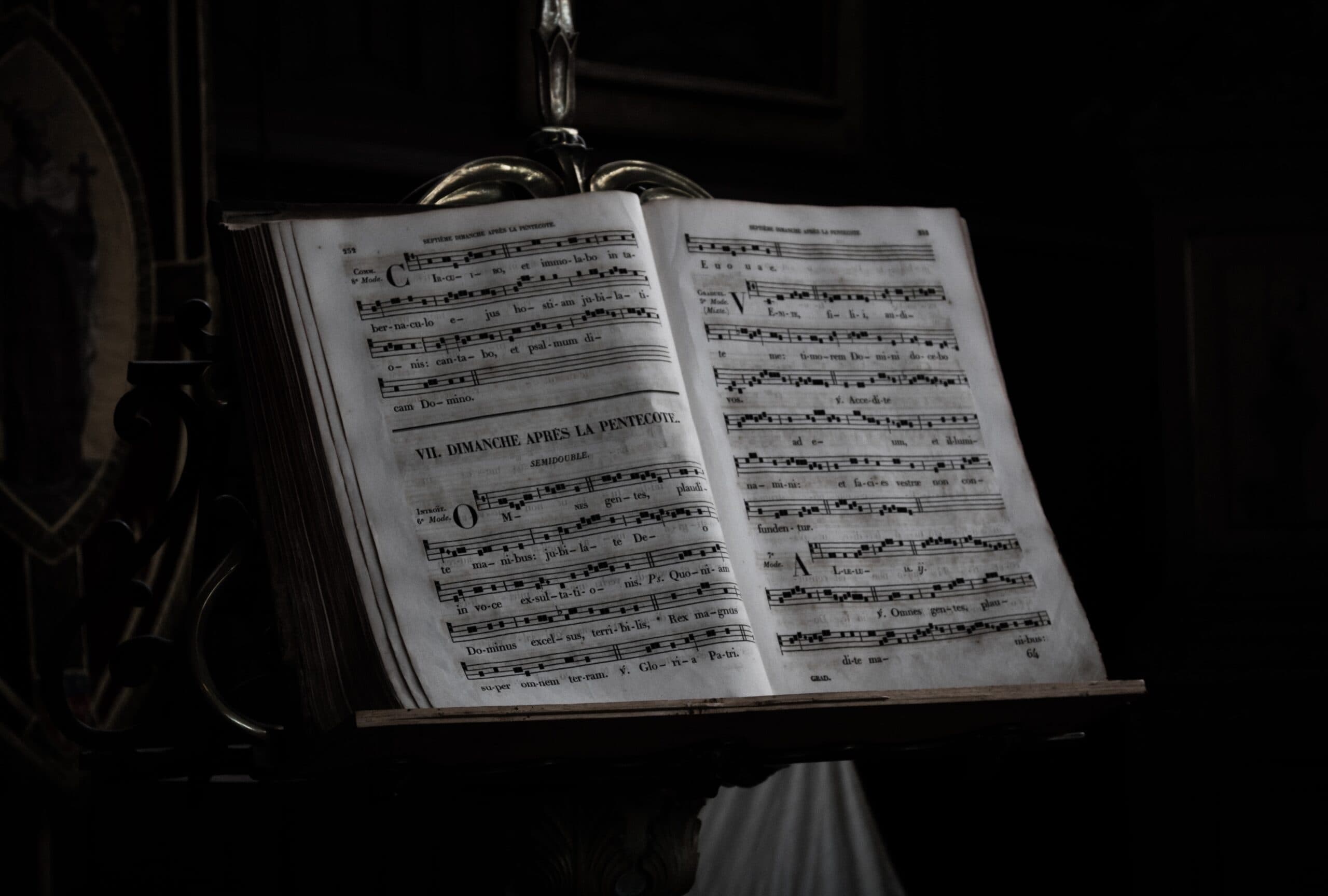
Derivative Works Explained
Ever wondered what a derivative work is in music?
This article serves to help you fully grasp this copyright concept.
What is a derivative work?
Simply, a derivative work is one that has been derived from another.
Here are some examples of derivative works sourced from copyright.gov.
- A motion picture based on a play or novel
- A translation of an novel written in English into another language
- A revision of a previously published book
- A sculpture based on a drawing
- A drawing based on a photograph
- A lithograph based on a painting
- A drama about John Doe based on the letters and journal entries of John Doe
- A musical arrangement of a preexisting musical work
- A new version of an existing computer program
- An adaptation of a dramatic work
- A revision of a website
Who owns the rights to a derivative work?
As per copyright law, the owner of the original work has exclusive right to create derivatives, meaning they must authorise any other party’s derivative of their work.
Copyright law vests the original work’s copyright owner with the exclusive right to prepare derivative works. Therefore, the owner in the preexisting work must authorize the creation of a derivative work in order for it to be separately owned by another.
https://wagenmakerlaw.com/blog/nonprofit%E2%80%99s-guide-copyright-law-derivative-works
What are some examples of derivative works in music?
Here are some examples sourced from CDBaby.com
- Language translations
- Samples or replaying (re-recording a segment of the original song)
- Parodies
- Medleys
- Song arrangements that change lyrics, abridge the music, or make other significant alterations to the original composition.
Are cover songs derivative works?
The difference is subtle, but quite well defined.
A cover song is a song you didn’t write, nor did you make any significant alterations to the work.
A derivative takes material from another song to create a new composition.
Further Reading
Cover vs Derivative Works: A Super Important, Tiny Little Detail
Arrangements and Derivative Works
What IS a cover song? — CDBaby
A Nonprofit’s Guide to Copyright Law for Derivative Works
Understanding the Importance of Derivative Works — Finnegan
What Are Derivative Works Under Copyright Law? — LegalZoom
Photo by Kwinten De Pauw on Unsplash
This article was brought to you by Songcards
© 2025 Unlock Your Sound Ltd | Privacy Policy